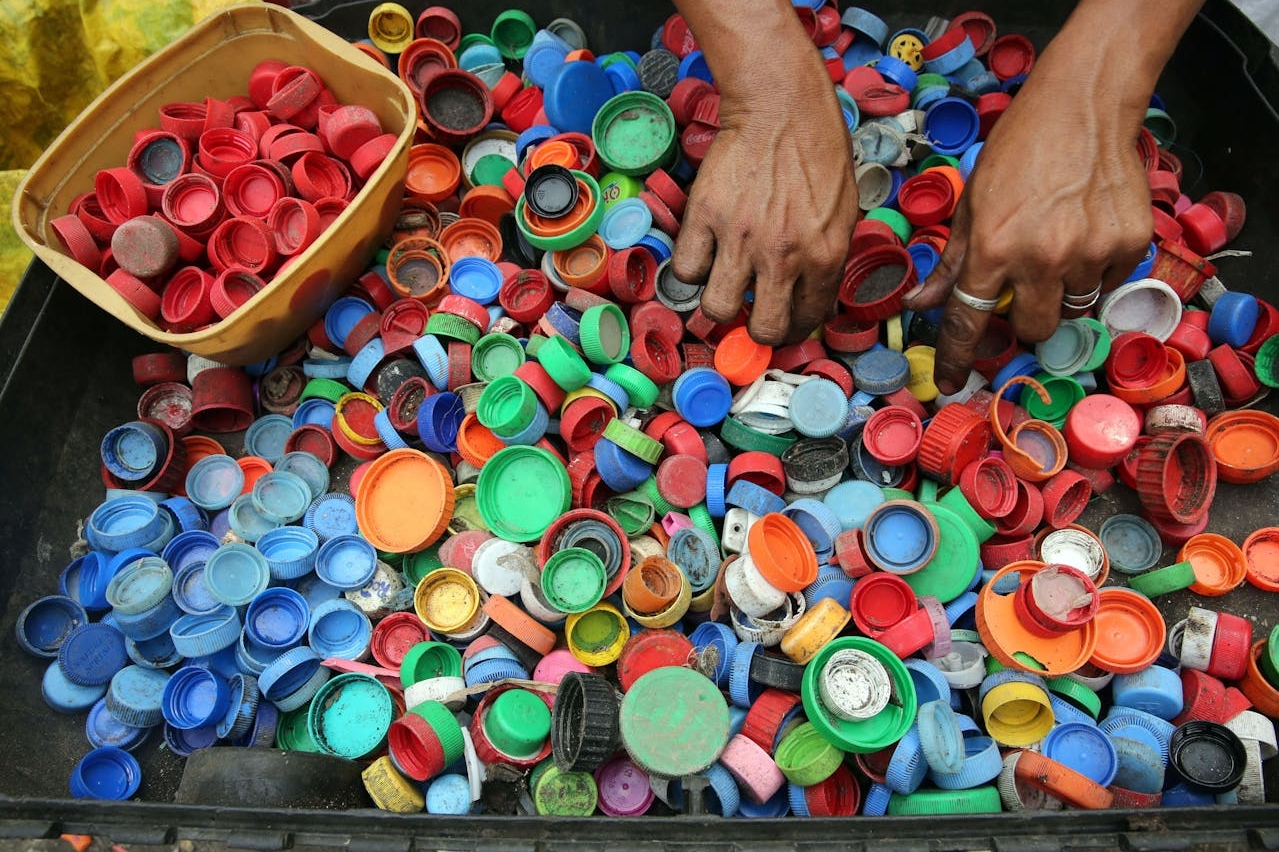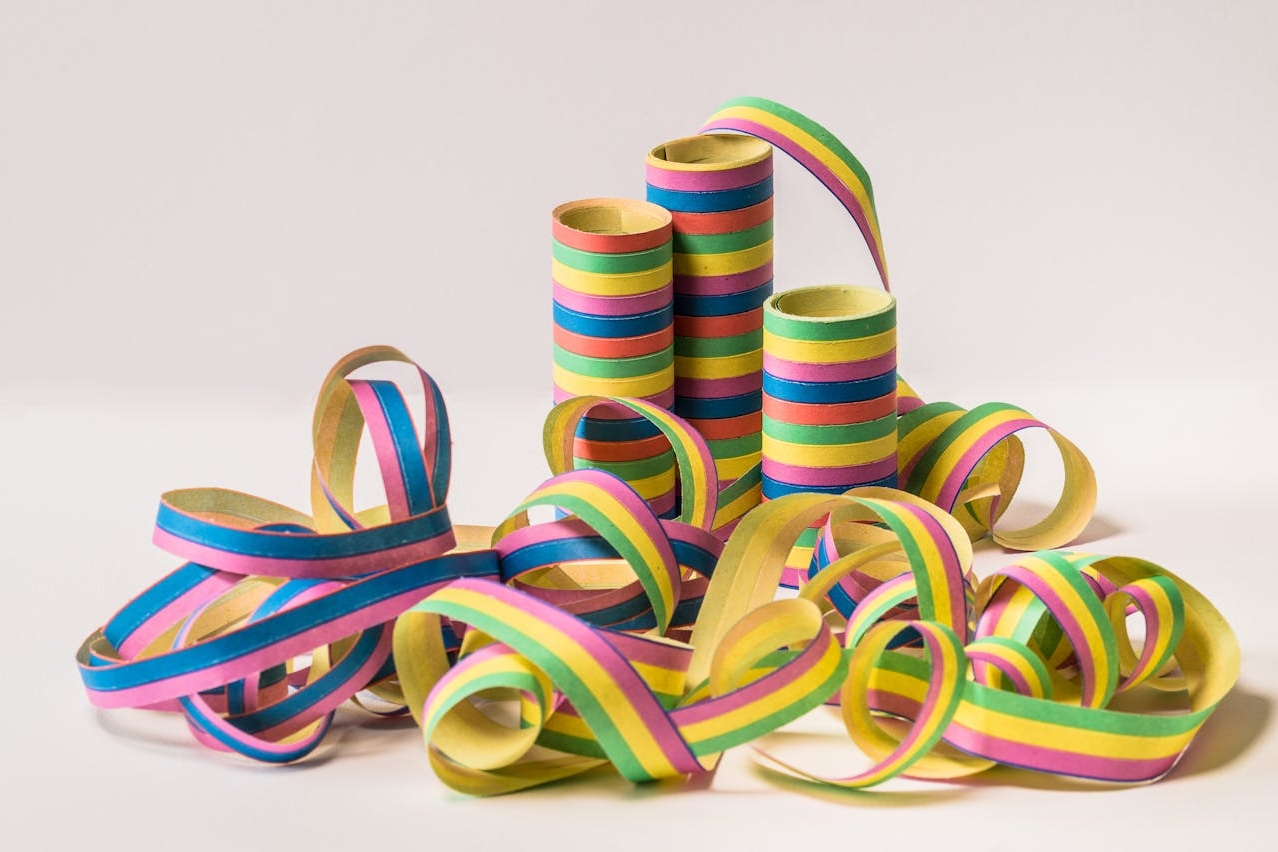Customization plays a pivotal role in meeting the unique needs and specifications of businesses in diverse industries. Collaborative design processes between India and the USA enable the creation of customized plastic products tailored to specific requirements, preferences, and applications. Veritas Sourcing, committed to facilitating sustainable trade practices, explores the collaborative design processes that foster innovation and deliver customized plastic solutions for businesses in both countries.
- Understanding Client Requirements: Collaborative design processes begin with a thorough understanding of client requirements, objectives, and constraints. Indian manufacturers and US clients engage in detailed discussions and consultations to identify key specifications, functionality, aesthetics, and performance criteria for the desired plastic products. This collaborative approach ensures alignment between the design team and client stakeholders, laying the foundation for successful product development.
- Conceptualization and Ideation: Once client requirements are established, collaborative design teams in India and the USA engage in conceptualization and ideation sessions to generate innovative ideas and concepts for the desired plastic products. Brainstorming sessions, design workshops, and creative exercises facilitate the exploration of diverse design options, features, and configurations. Iterative prototyping and concept refinement allow for feedback and validation from both parties, ensuring that the final design meets client expectations.
- Design Validation and Optimization: Collaborative design teams leverage advanced design tools, simulation software, and virtual prototyping techniques to validate and optimize the proposed designs. Computer-aided design (CAD), finite element analysis (FEA), and mold flow analysis enable designers to assess product performance, structural integrity, manufacturability, and aesthetics. Virtual simulations and rapid prototyping techniques allow for quick iteration and refinement of the design based on feedback from both Indian manufacturers and US clients.
- Material Selection and Testing: Collaborative design processes involve careful selection of materials based on performance requirements, environmental considerations, and regulatory compliance. Indian manufacturers and US clients collaborate to evaluate various material options, including traditional plastics, bioplastics, and specialty polymers, considering factors such as strength, durability, flexibility, and sustainability. Material testing and analysis ensure that selected materials meet quality standards, regulatory requirements, and client expectations for the intended application.
- Manufacturability and Production Planning: Collaborative design teams focus on optimizing manufacturability and production efficiency during the design phase. Design for manufacturability (DFM) principles are applied to streamline production processes, minimize waste, and reduce costs. Indian manufacturers provide valuable insights into tooling requirements, molding techniques, and production capabilities, ensuring that the final design is optimized for efficient and cost-effective manufacturing.
- Prototyping and Testing: Collaborative design processes involve the development of physical prototypes for testing and validation. Indian manufacturers produce prototypes using advanced additive manufacturing technologies such as 3D printing, CNC machining, and rapid prototyping. Prototypes undergo rigorous testing and evaluation to validate design performance, functionality, and fit. Feedback from testing is used to refine the design and address any issues or concerns before proceeding to full-scale production.
- Continuous Communication and Collaboration: Effective communication and collaboration are key to the success of collaborative design processes between India and the USA. Regular meetings, video conferences, and project management tools facilitate real-time communication and exchange of ideas between design teams, manufacturers, and clients. Transparent communication channels ensure that all stakeholders are aligned throughout the design process, enabling timely decision-making and problem-solving.
By embracing collaborative design processes, Indian manufacturers and US clients can co-create customized plastic products that meet specific requirements and deliver value to end-users. Veritas Sourcing serves as a strategic partner, facilitating collaboration between design teams in India and the USA, and supporting the development of high-quality, customized plastic solutions. With our commitment to sustainable trade practices and customer satisfaction, we empower businesses to innovate, differentiate, and succeed in today’s competitive marketplace.




